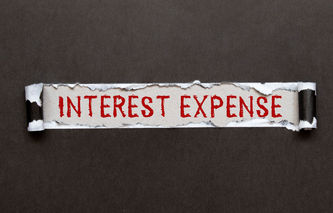Definition
The term mortgage note refers to a promissory note that is secured by a mortgage, which pledges the title to a property in the event of default. Also known as a real estate lien note, a mortgage note provides the holder of the security with a written promise to make interest and principal payments on specific dates.
Mortgage notes are typically used by smaller organizations such as sole proprietorships and partnerships, since large corporations have the ability to issue bonds. These notes are usually categorized as a long-term note payable, since the maturity will likely be longer than one year or operating cycle.
Both long-term and current notes payable appear in the liabilities section of a company's balance sheet.
Explanation
Mortgage notes are similar to bonds, since they both carry a stated or implied rate of interest and have a known maturity date. Unlike a bond, mortgage notes are usually not issued to the public and traded. They are normally bilateral agreements between the company and a financial institution.
From an accounting standpoint, these debt obligations are categorized as a long-term note payable, since the maturity of the security will likely be longer than one year or operating cycle. Long-term notes payable appear in the liabilities section of a company's balance sheet.
Mortgage notes can be repaid in monthly installments or in-full when they mature. The note will specify not only the title to the property pledged as security, but also the rate of interest charged. From the creditor's standpoint, these investments present a risk of non-payment (credit risk), in addition to the possibility the company may prepay the amount owed if the note has a call option. As is the case with other debt obligations, such as bonds, mortgage notes also carry interest rate risk.

.png)


